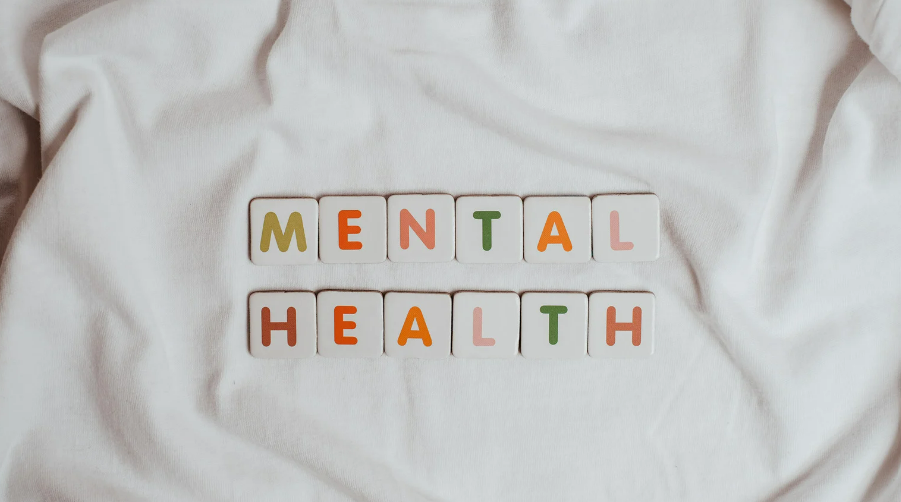Have you ever thought about what social health really means in our lives? It’s not just about being physically fit; it’s about nurturing our relationships, building connections, and feeling a sense of belonging in our communities. As I explore the concept of social health, I’ll delve into the impact of our social interactions on our overall well-being and how fostering meaningful relationships can contribute to a happier and more fulfilling life.
In today’s fast-paced world, where digital connections often replace face-to-face interactions, understanding the importance of social health is more crucial than ever. From the quality of our friendships to the support networks we have in times of need, social health encompasses a wide range of factors that influence our mental and emotional state. Join me as I unravel the layers of social health and discover practical ways to enhance this vital aspect of our well-being.
What Does Social Health Mean
Definition and Importance
 Social health refers to my ability to interact with others, build meaningful relationships, and contribute to my community. It’s an essential aspect of overall well-being that goes beyond physical health and mental wellness. Recognizing the significance of social health in my life is key to maintaining a balanced and fulfilling existence.
Social health refers to my ability to interact with others, build meaningful relationships, and contribute to my community. It’s an essential aspect of overall well-being that goes beyond physical health and mental wellness. Recognizing the significance of social health in my life is key to maintaining a balanced and fulfilling existence.
Components of Social Health
In exploring the components of social health, I recognize that it encompasses various elements that shape my social well-being. These include the quality of my relationships, the level of support I receive from others, my ability to communicate effectively, and my sense of belonging in social groups. Nurturing these components is vital for enhancing my social health and overall happiness.
Factors Influencing Social Health
The Role of Community and Culture
 In understanding social health, community and culture play significant roles. Communities provide a support system that fosters well-being. Being part of a community can reduce feelings of isolation and enhance one’s sense of belonging. Engaging with others who share common values and beliefs creates a supportive environment that contributes to overall social health. Cultural practices within a community also influence social interactions, shaping behaviors and norms that impact individuals’ social well-being. Embracing cultural diversity and participating in community activities can enrich social experiences and promote a sense of unity among individuals.
In understanding social health, community and culture play significant roles. Communities provide a support system that fosters well-being. Being part of a community can reduce feelings of isolation and enhance one’s sense of belonging. Engaging with others who share common values and beliefs creates a supportive environment that contributes to overall social health. Cultural practices within a community also influence social interactions, shaping behaviors and norms that impact individuals’ social well-being. Embracing cultural diversity and participating in community activities can enrich social experiences and promote a sense of unity among individuals.
Impact of Technology on Social Connections
Technology has revolutionized the way we connect with others, influencing social health in both positive and negative ways. While technology advancements like QR code integration enables us to stay connected with distant friends and family, it can also lead to excessive screen time, reducing face-to-face interactions. Over-reliance on digital communication may hinder the development of meaningful relationships and affect the quality of social connections. Understanding how to balance technology use with in-person interactions is crucial for maintaining healthy social connections. Integrating technology mindfully into social interactions can enhance communication and strengthen relationships, contributing positively to overall social health.
Improving Your Social Health
Strategies for Building Stronger Social Bonds
 To enhance social health, fostering strong social bonds is essential. One way to achieve this is by actively participating in group activities like team sports or volunteering. Engaging in shared experiences helps build trust and camaraderie, contributing positively to relationships. Additionally, joining clubs or organizations aligned with personal interests can create opportunities to meet like-minded individuals, fostering meaningful connections.
To enhance social health, fostering strong social bonds is essential. One way to achieve this is by actively participating in group activities like team sports or volunteering. Engaging in shared experiences helps build trust and camaraderie, contributing positively to relationships. Additionally, joining clubs or organizations aligned with personal interests can create opportunities to meet like-minded individuals, fostering meaningful connections.
The Importance of Communication Skills
Effective communication is vital for improving social health. Developing good communication skills involves active listening, empathy, and assertiveness. By actively listening to others, I can show interest and understanding in conversations, strengthening relationships. Empathy allows me to connect emotionally with others, fostering a sense of mutual understanding and support. Being assertive helps in expressing my thoughts and feelings confidently, contributing to open and honest communication in relationships.

